UCL Change Builders: Package Power – How UCL's Logistics Hub supports efficiency and sustainability
Meet the UCL Change Builders helping to drive progress for our community of staff, students and partners.
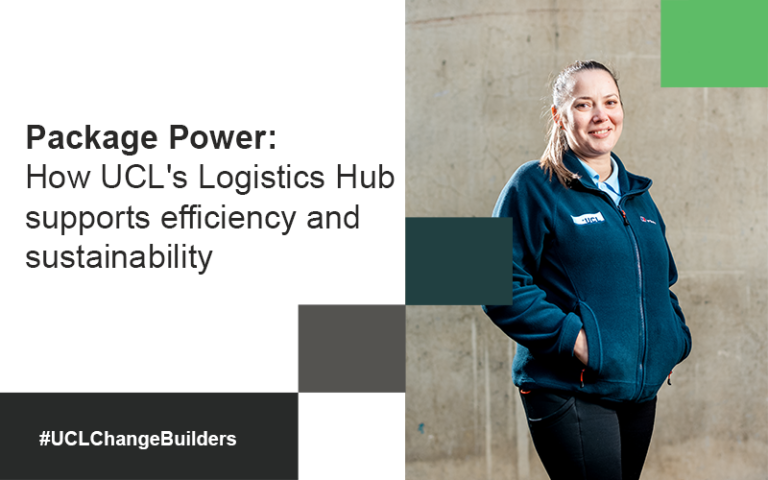
25 January 2024
Introducing UCL Change Builders
As part of our shared efforts to deliver on our Strategic Plan and respond to insights raised, teams across UCL have been working hard to drive progress for our expansive community.
It's often the combined efforts of many small steps of improvement, which build together to create immense impact, that make up much of our progress.
Recognising and celebrating the teams behind these efforts, UCL Change Builders spotlights these stories of change.
Know a Change Builder? Get in touch!
The UCL Logistics Hub
UCL’s campus sprawls across London, stretching from the South-East through Bloomsbury, to UCL East and more. To ensure the smooth running and continued excellence of the teaching, research and innovation being delivered here, hundreds of different items are needed and ferried daily across different parts of the university. Logistically, this could sometimes be inefficient and unsustainable, leading to multiple different deliveries for similar items, or delays when it was unclear what was intended to be sent where.
The UCL Logistics Hub – which emerged from the need to address the challenges posed by a growing university campus and increased on-site vehicle traffic – aims to respond to these concerns.
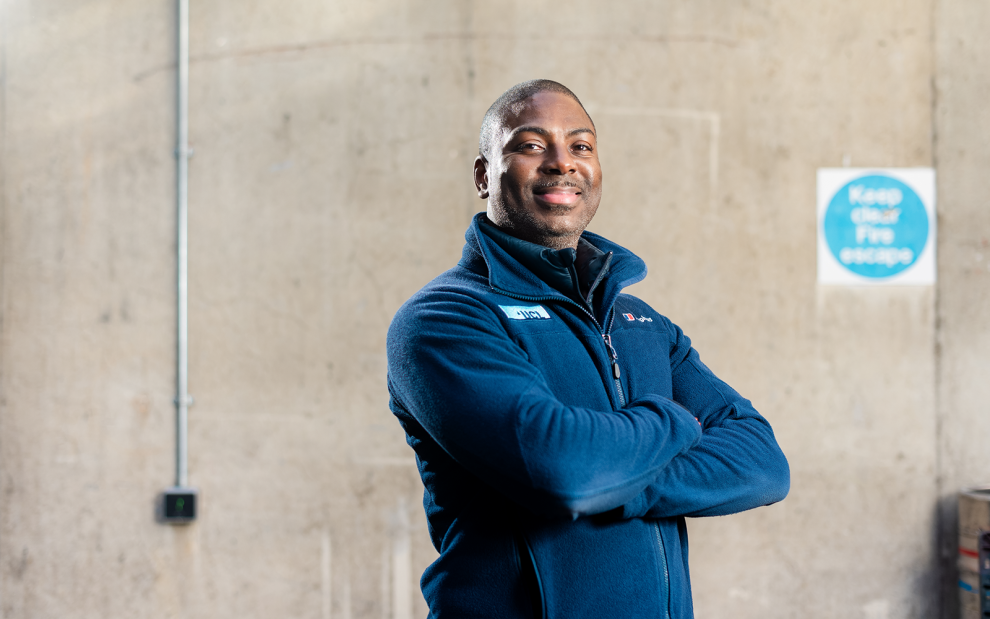
The Logistics Hub has created a central space for inventory orders from numerous departments and institutes, accommodating a wide range of items; "space is tight across campus”, explains Steve Shine, UCL Logistics and Mail Services Manager; “especially for our departments, labs, and research facilities… what we've provided here is a central storage area for all”.
Steffy Czieso, Lab Operations Manager at the Institute of Neurology notes that their reception areas "don't get too cluttered [now]… in terms of space and sustainablility, this has been a really good idea".
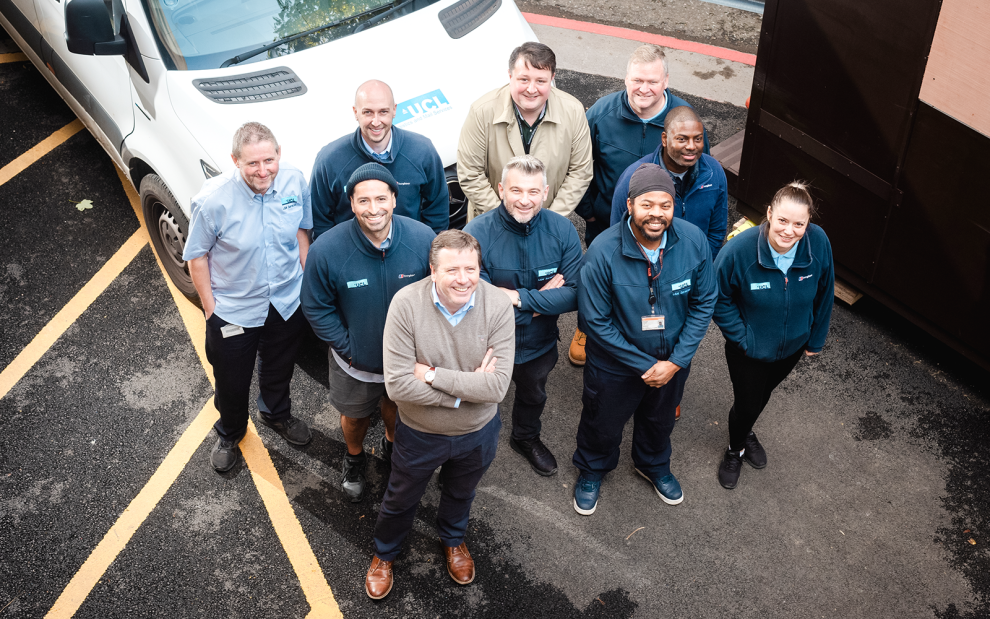
Since opening, the team has introduced new software to optimise the building’s storage space and opened a dedicated central storage area – a game-changing development by enabling of commonly used items to be bought in bulk.
“You’re getting a better rate” says Steve. “Instead of individuals buying one box of gloves at a time, we enable them to buy boxes in bulk, which results in associated savings for everyone [across the institution] using those items”.
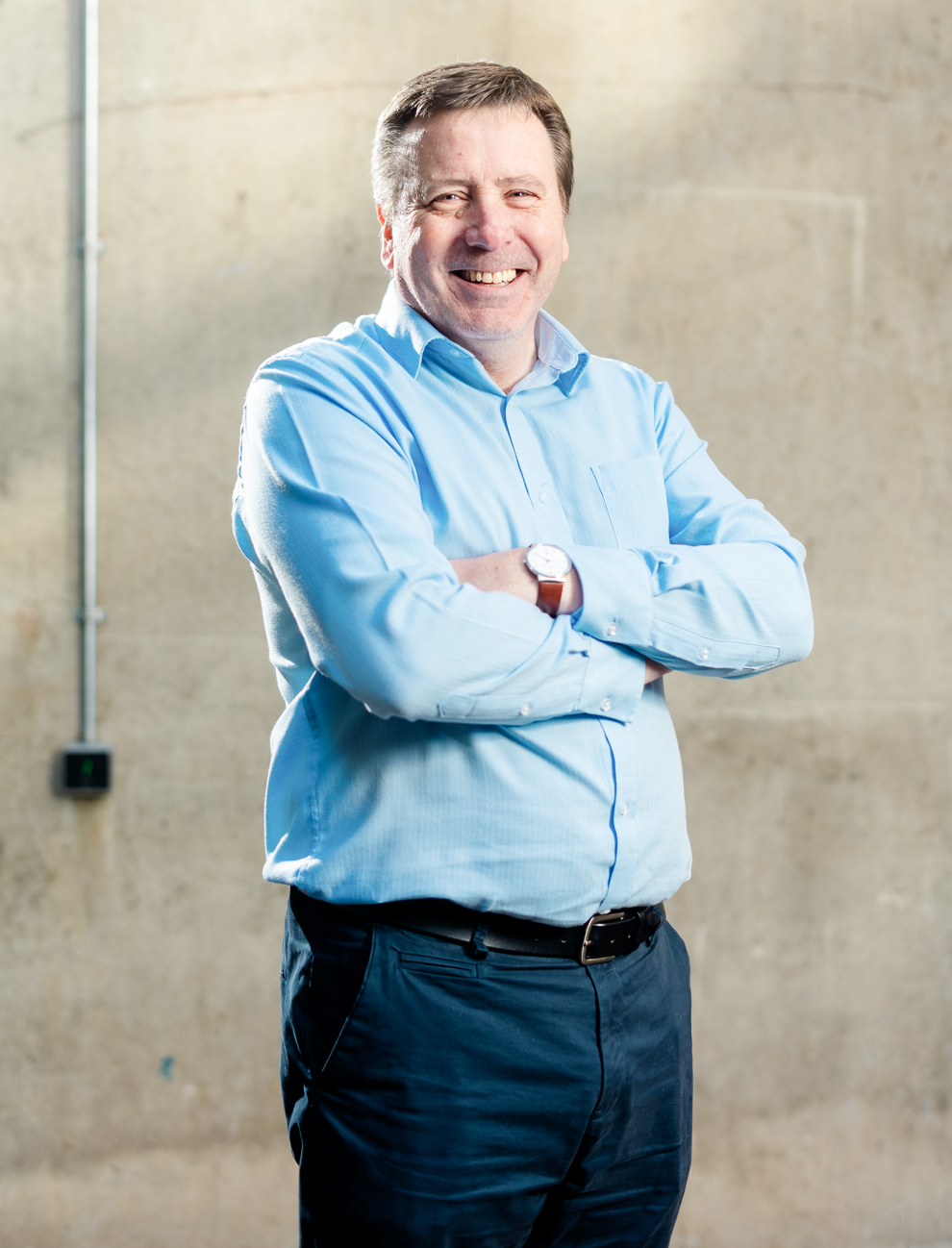
As well as lowering inventory costs, the Hub has also enabled a reduction in the total number of journeys for shipments – which, together with the team’s utilisation of electric vehicles and bicycles for deliveries, has worked to support both UCL's Sustainability Strategy and the Camden Safety Policy.
Finding new purposes for existing spaces
The Hub was completed in November 2022, following a refurbishment project unlocking some 185m2 of derelict space. "This was a massive program of works that went on for some eight years", says Steve. "We took an old disused part of the building – one of those corners that no one ever sees – and refurbished the whole area”.
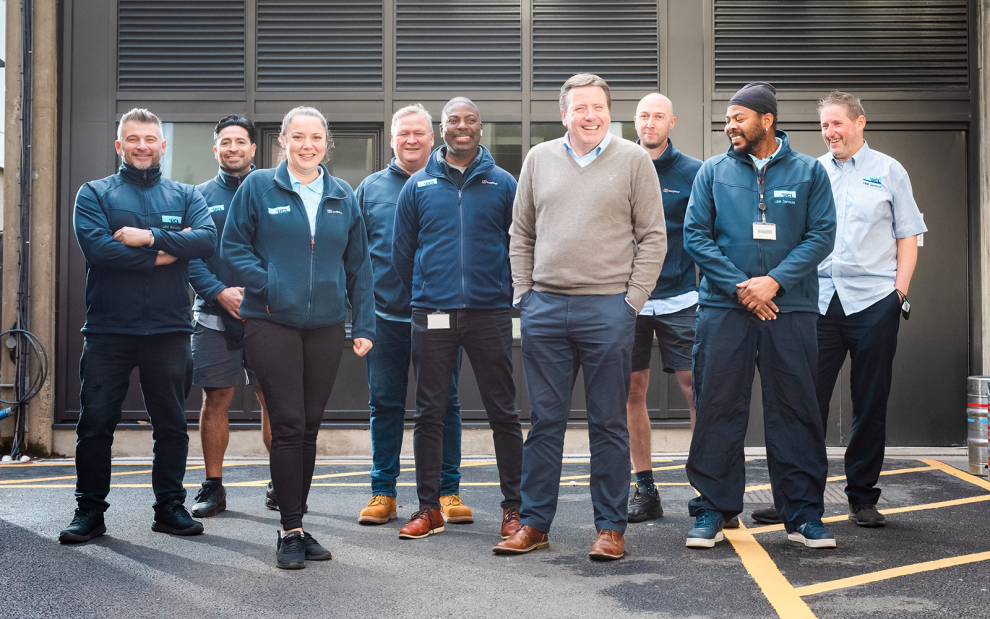
Initially, the Logistics Hub began operating even before its official completion, with the Covid-19 pandemic driving the Logistics Team’s duty to support delivery needs across site.
With UCL’s campus relatively unoccupied but orders continuing to arrive, the team assumed responsibility for managing incoming packages – whilst simultaneously putting the finishing touches on their Hub's physical construction. “We brought all our plans forward by a year”, recalls Steve; “we weren't really ready for it, but there was no one on campus to accept deliveries, so we quickly became that central hub, even before the building was finished”.
The Hub’s results are a collaborative effort across multiple Faculties, Departments and central teams within Campus Experience, with the number of partnerships growing through word of mouth. Logistics Manager Kayleigh Sturt comments that Department teams will hear of improved changes from other staff; “Then they ask us – ‘can we get involved too?’”.
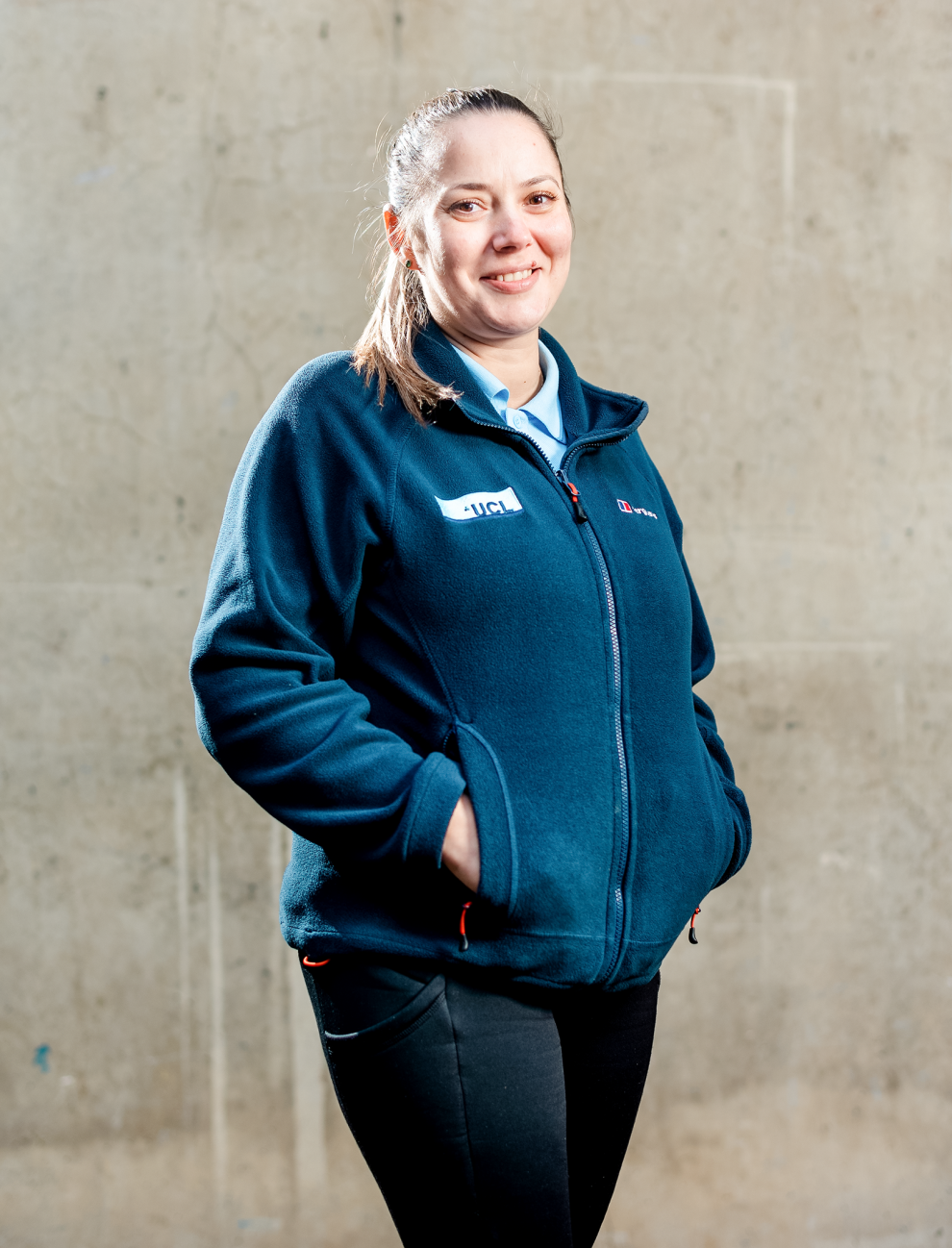
Ramping up operations
In recent months, the Logistics staff have collaborated with teams from all across UCL, including in the Cruciform, Queens Square House, Oriel, UCL East, and the Royal Free Medical School. Feedback on their organised logistics support has been positive; "The team are really nice and if you need anything, they are very helpful", reflects Diane Davis, Faculty Operations Administrator at UCL Engineering.
Looking ahead, a key project on the horizon involves developing an online inventory system to streamline the ordering process, a “one-stop-shop”, Kayleigh calls it, for departmental needs.
Reflecting on the project, Steve says, “To say that, at the end of the day, we’re able to help [people] in their work, that’s a big achievement. Not everyone is big on change, and this project fundamentally changed the way that many of our departments worked. But what's happened was – and why project is escalating so quickly – is that once people have seen it working, and more and more people hear about it and approach us, it just gets bigger."
 Close
Close

